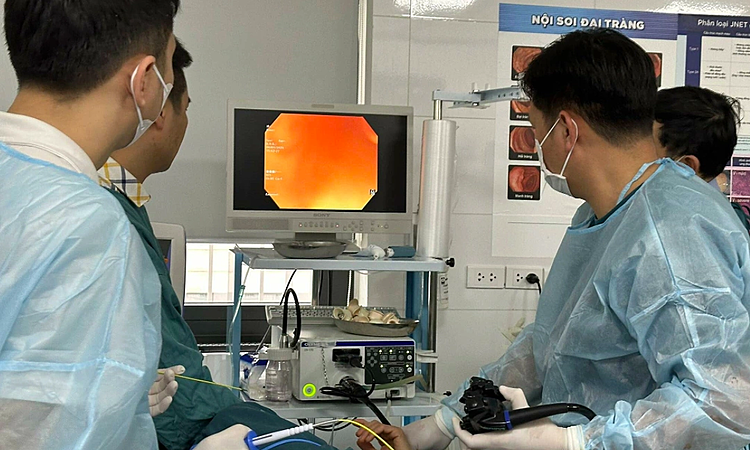Answer:
The decision of whether or not to use anesthesia during an endoscopy depends on several factors: your health, the purpose of the procedure, your ability to cooperate, the cost, and your doctor's recommendation. Each approach has its own advantages and disadvantages.
A non-anesthetized endoscopy is quicker and simpler. Patients only need to fast for an upper endoscopy and ensure a clean colon for a lower endoscopy, without the extended fasting period required for procedures with anesthesia. Patients can leave immediately afterward. For those with underlying cardiovascular or respiratory conditions, or for older individuals, foregoing anesthesia minimizes risks associated with anesthetic drugs and reduces the overall cost.
However, the downside is potential discomfort, including gagging, nausea, belching, sore throat, or even bleeding after an upper endoscopy. Lower endoscopies can cause abdominal pain and bloating. This discomfort might hinder patient cooperation, limiting the procedure's duration. Increased bowel movements can also impact the examination, potentially affecting the accuracy of the diagnosis.
 |
Patients undergoing upper and lower endoscopies at Bach Mai Hospital. Photo: Le Nga |
Patients undergoing upper and lower endoscopies at Bach Mai Hospital. Photo: Le Nga
With anesthesia, patients sleep through the entire procedure, eliminating discomfort. This allows the doctor to fully inflate the digestive tract for a thorough examination, identifying even small lesions and making a more accurate assessment. When interventions like biopsies, polyp removal, or other specialized techniques are necessary, the extended procedure time can be uncomfortable without anesthesia. Therefore, anesthesia is more suitable for interventions, especially lengthy ones.
However, a very small percentage of patients may experience adverse reactions to anesthesia, such as allergic reactions or respiratory and circulatory issues. Therefore, if you have a history of allergies, chronic illnesses, or any unusual symptoms, inform your doctor beforehand.
Overall, if you want to save money and can tolerate some discomfort, a non-anesthetized endoscopy is a reasonable option. If you're anxious, have had previous unpleasant experiences, or need a more precise and thorough procedure, an endoscopy with anesthesia is recommended.
Doctor Tran Duc Canh
Deputy Head of the Department of Endoscopy and Functional Exploration, K Central Hospital












